We all know that medications must be taken strictly as prescribed, both in terms of dosage and regimen and in relation to diet during treatment.
We have compiled a list of 5 drug and food combinations that should not, or in some cases, should not be taken together. Read on and stay healthy!
Bronchial Spasmolytics
(prescribed for asthma, bronchitis, and other lung diseases)
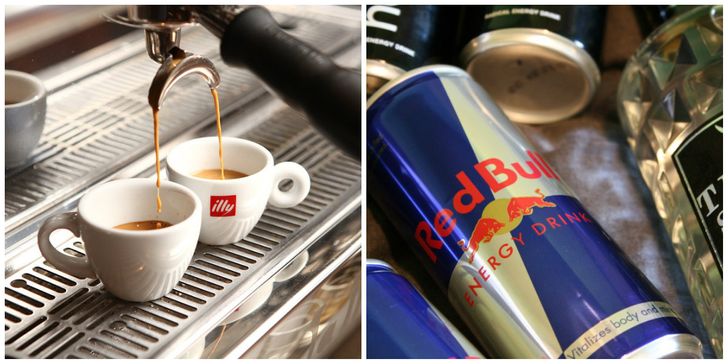
Medications: theophylline, albuterol.
Restricted: foods and beverages that contain caffeine.
Both drugs stimulate the nervous system, so to avoid excessive nervousness and anxiety, you should reduce caffeine during treatment. Be especially careful with theophylline, as caffeine dramatically increases its toxicity.
You should also minimize fatty foods in your diet because it increases the bioavailability of theophylline, which can cause an overdose.
Antihypertensive Drugs
(prescribed to treat and prevent heart and kidney disease)
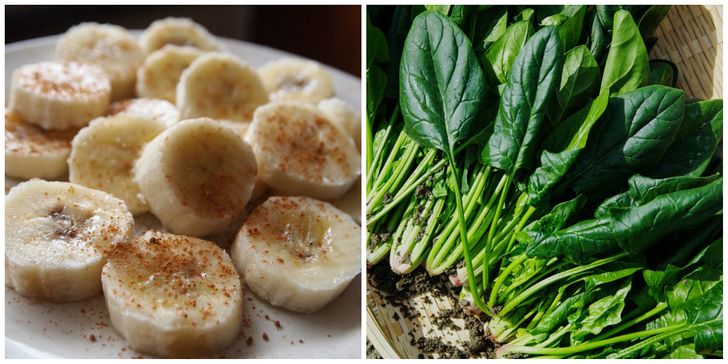
Medications: captopril, enalapril, ramipril.
Restricted: foods rich in potassium.
Medicines in this group increase potassium levels in the blood, which can cause arrhythmias and dyspnea.
This is why you should cut bananas, potatoes, soybeans, and spinach during the treatment period. You can find the rest of the products rich in potassium here.
Anti-arrhythmic Drugs
(prescribed for the treatment and prevention of heart failure)
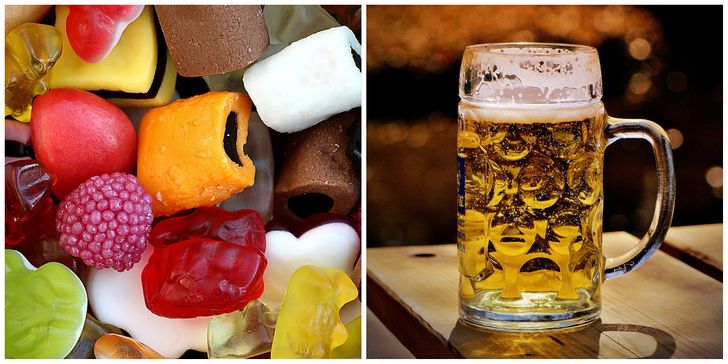
- Drugs: digoxin.
- Restricted: licorice.
Licorice, or liquorice, contains glycyrrhizic acid that interacts with digoxin and can cause heart rhythm disturbances or even cardiac arrest.
This substance is also present in sweets, cakes, and other sweets. Licorice is often present in beer as well.
Dietary fibers (bran, for example) decrease the effectiveness of the drug, so it is best to take them 2 hours before or after meals. Herbs like senna or St. John’s wort also reduce the activity of digoxin.
Drugs Lowering The Levels Of “Bad” Cholesterol
(prescribed for obesity, diabetes mellitus, and cardiovascular disease)
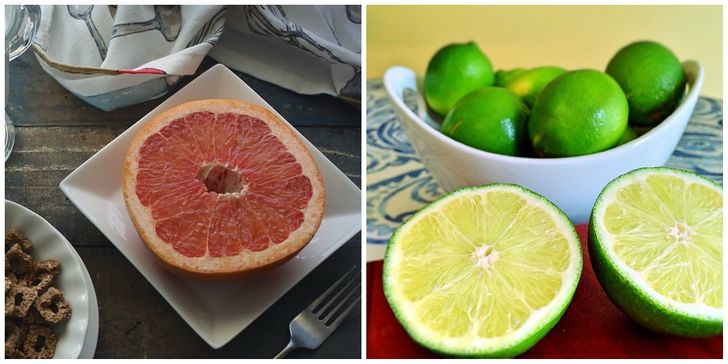
Medications: atorvastatin, fluvastatin, lovastatin, simvastatin, rosuvastatin, pravastatin.
Restricted: grapefruit.
Grapefruit causes a marked increase in the absorption of the drug, which increases the risk of overdose and side effects.
Therefore, the potency of a single tablet taken with grapefruit juice is equal to the effect of 20 tablets taken with water. The same goes for other citrus fruits such as grapefruit, lemon, or bigarade.
Blood Thinners
(prescribed to treat and prevent blood clots)
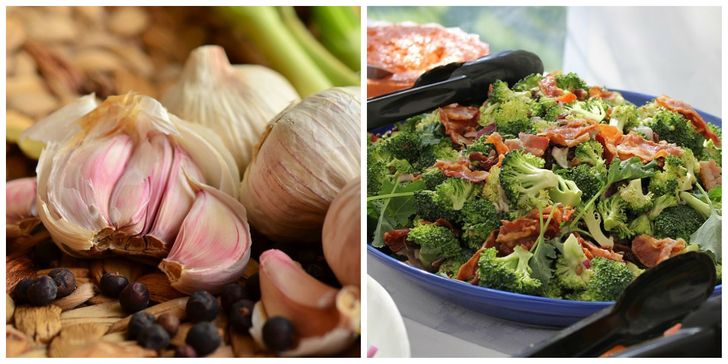
- Drugs: warfarin.
- Restricted: anticoagulant foods and foods rich in vitamin K.
When taking this drug, you should minimize the consumption of cranberry, garlic, ginger, and certain spices (cayenne pepper, cinnamon, and turmeric).
These foods make the blood more fluid and, in combination with warfarin, can cause bleeding.
Vitamin K, on the other hand, reduces the potency of the drug. It is abundant in spinach, turnip, cabbage, and broccoli. Other foods that contain this vitamin are found here.
And, most importantly, consult your doctor or pharmacist before even taking the most innocent medicine.
The human body is unique and medical recommendations must be chosen individually. Therefore, none of the above tips can replace a doctor’s appointment.


